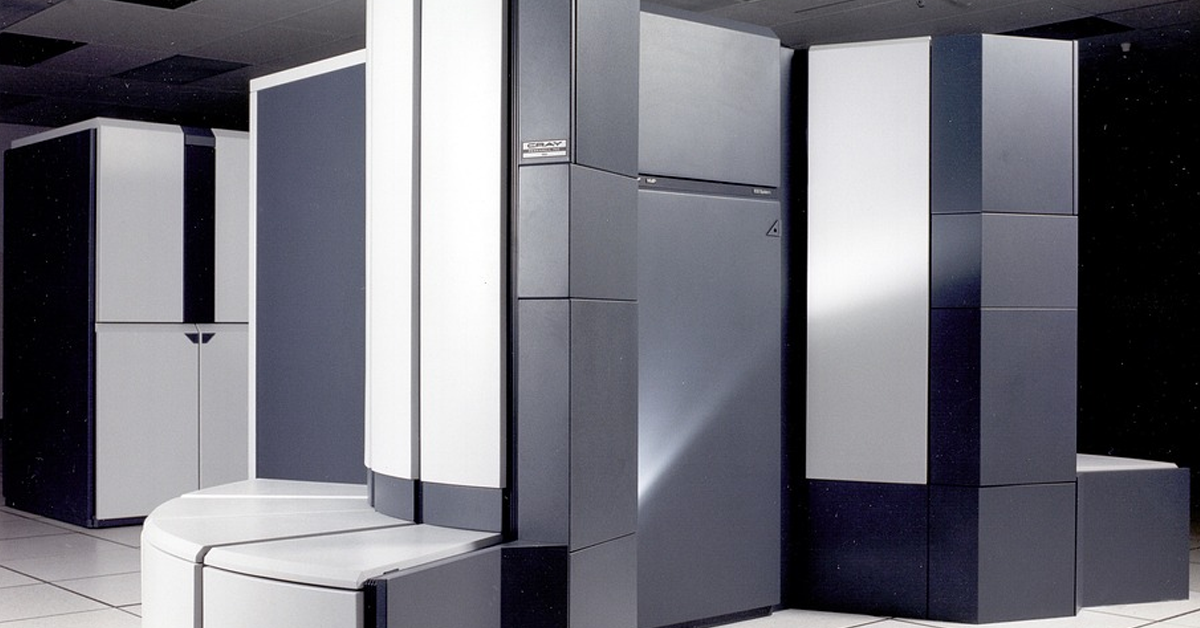A study supported by the National Science Foundation yielded a novel method to significantly reduce the energy needed to control the temperature of photonic chips, a critical component of supercomputers and data centers.
The findings of Oregon State University and Baylor University show promise in boosting energy efficiency in data centers, which account for 2 percent of total electricity consumption in the U.S., NSF said Wednesday.
The performance of photonic chips are optimized through thermal heaters, but they require several milliwatts of electricity per device, according to Alan Wang, a Baylor University researcher who co-developed the method.
Their team was able to reduce the heaters’ energy consumption by more than 1 million times using gate voltage, “which means using virtually no electric current,” noted John Conley, co-author of the study from OSU.





